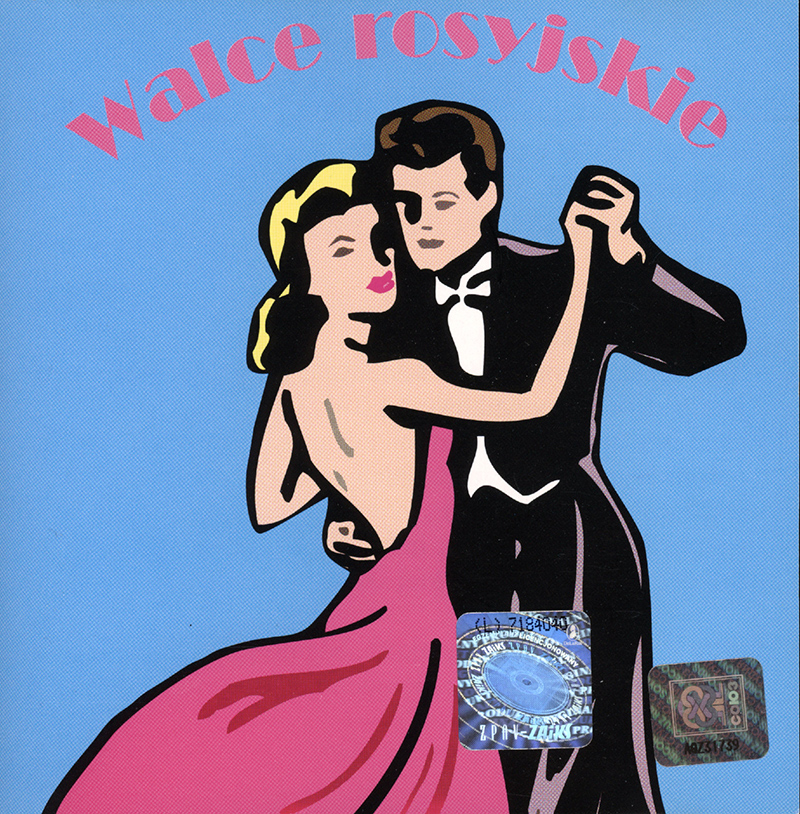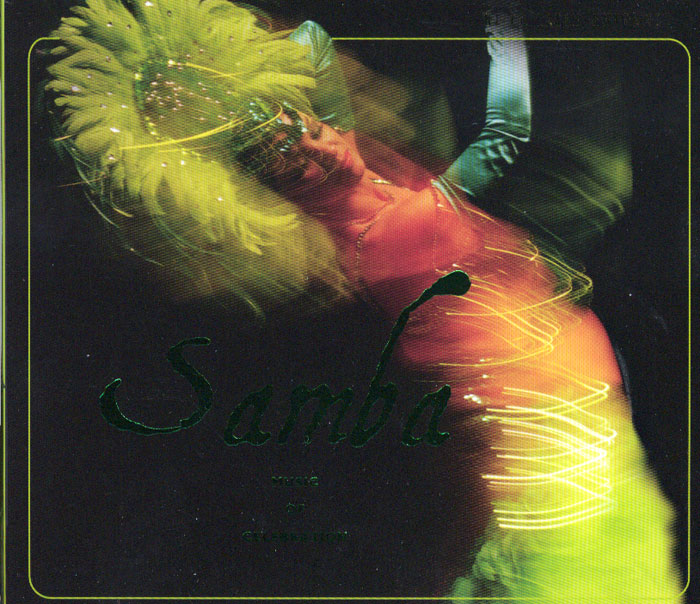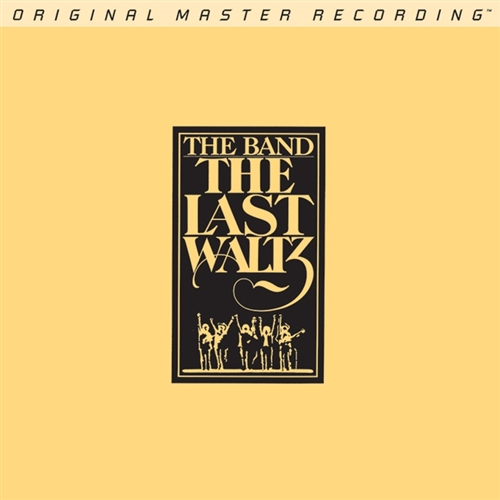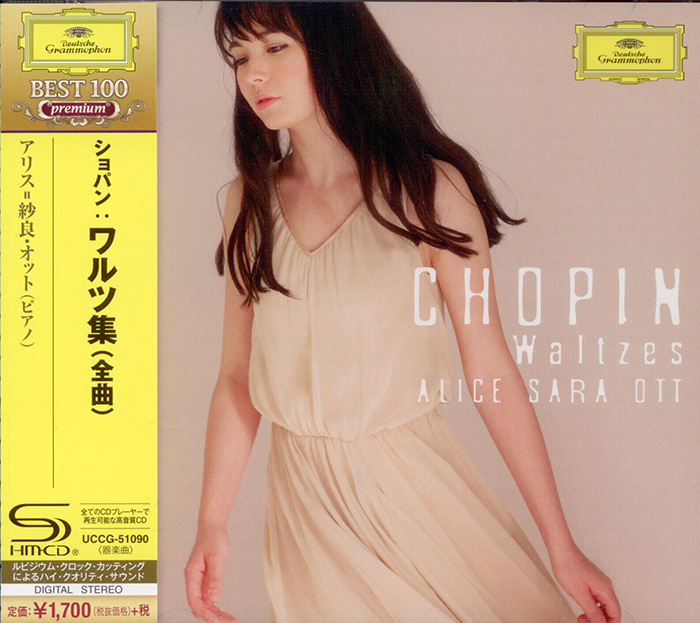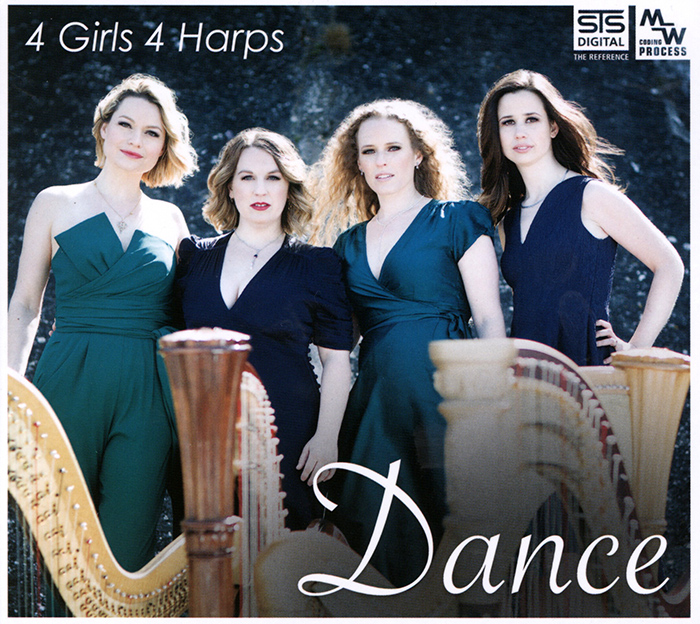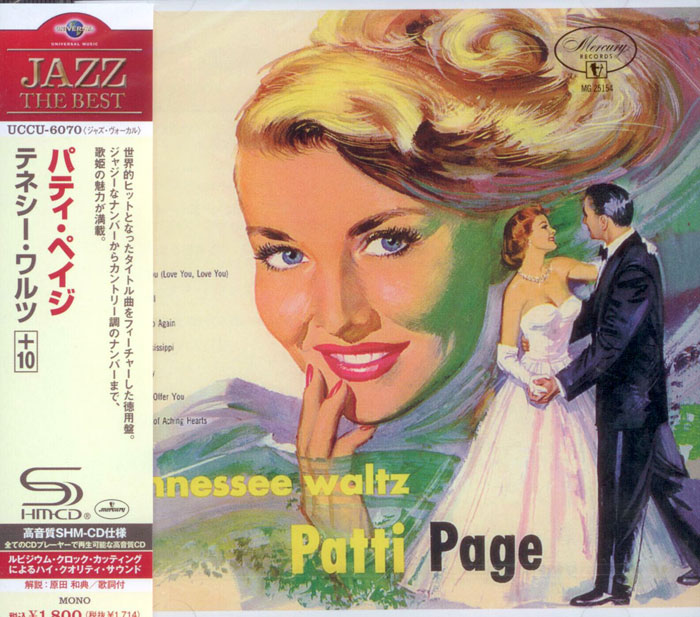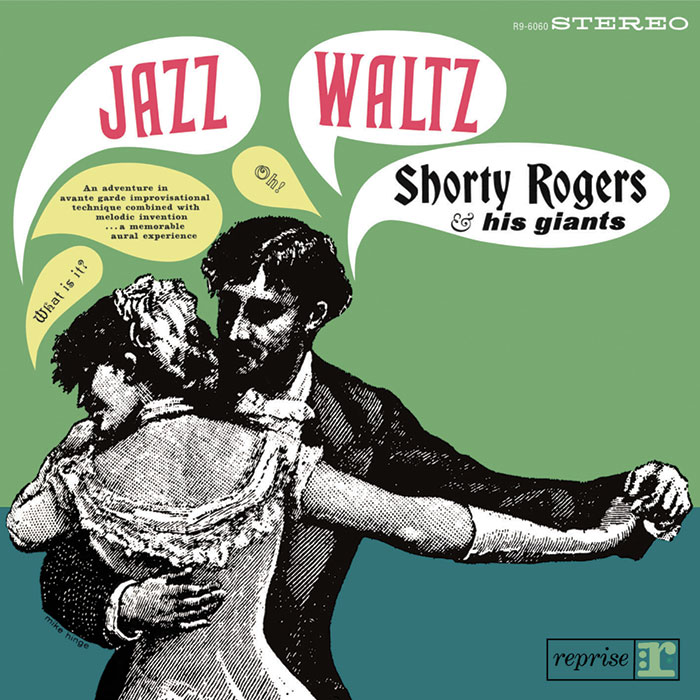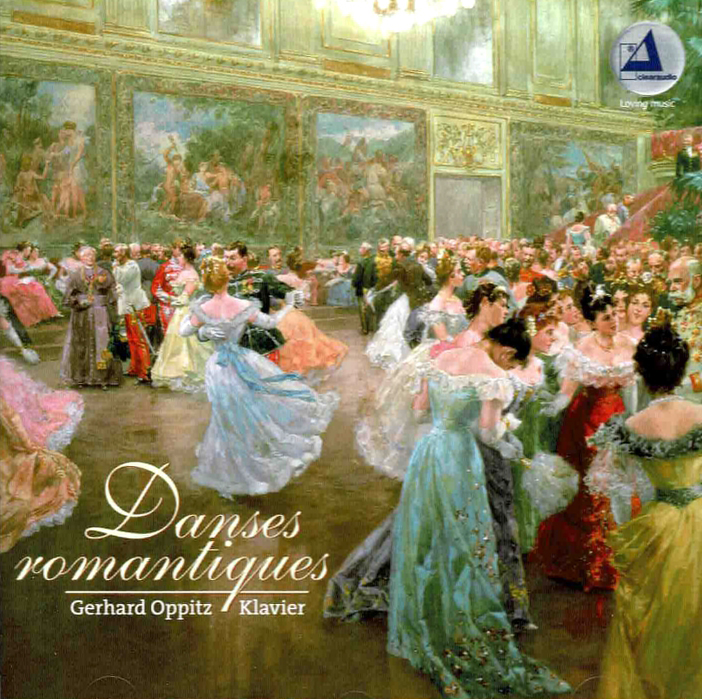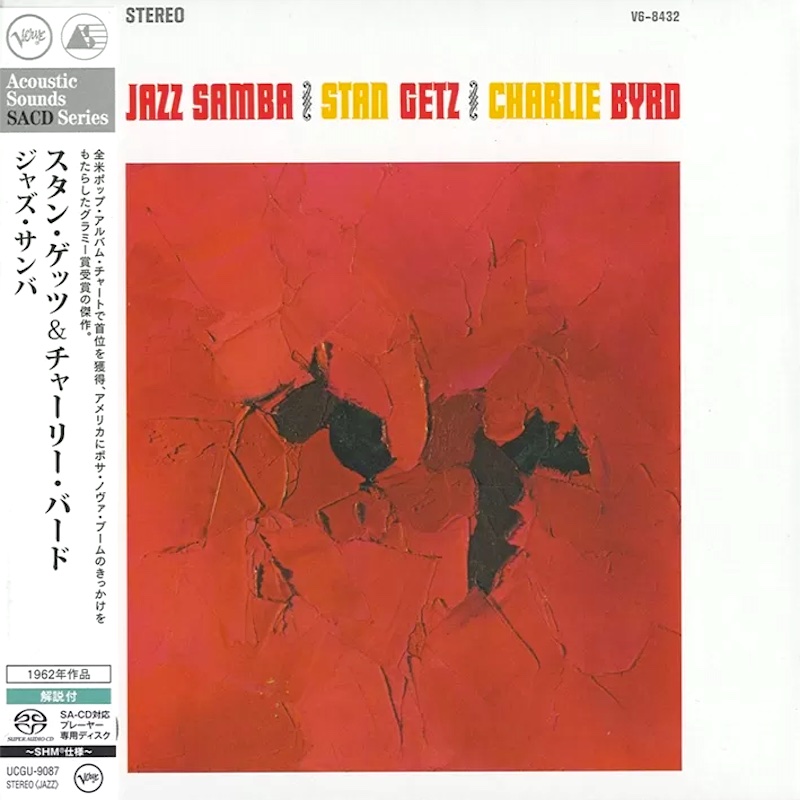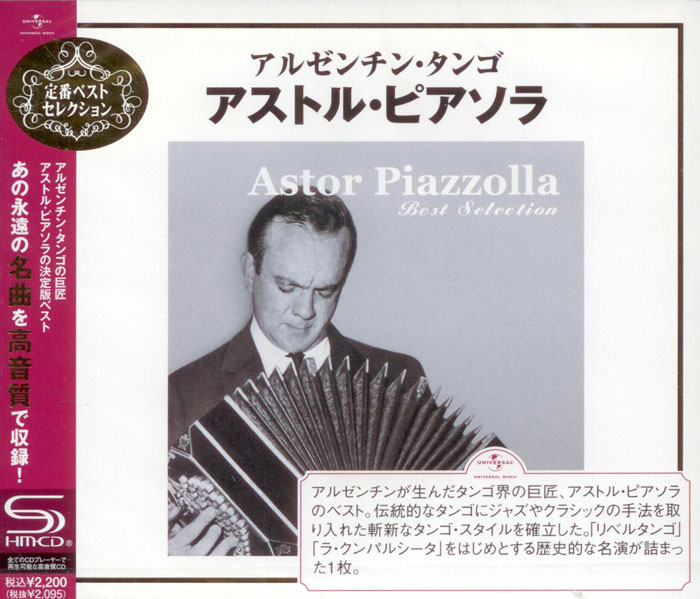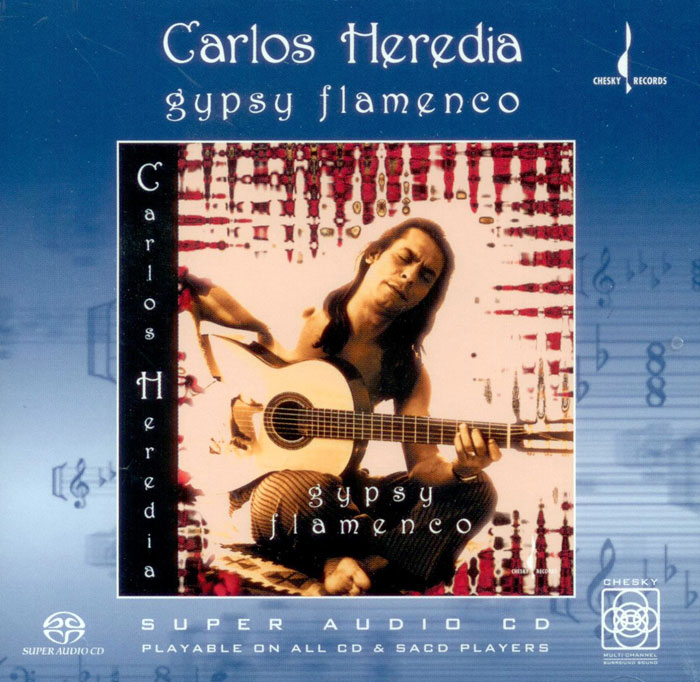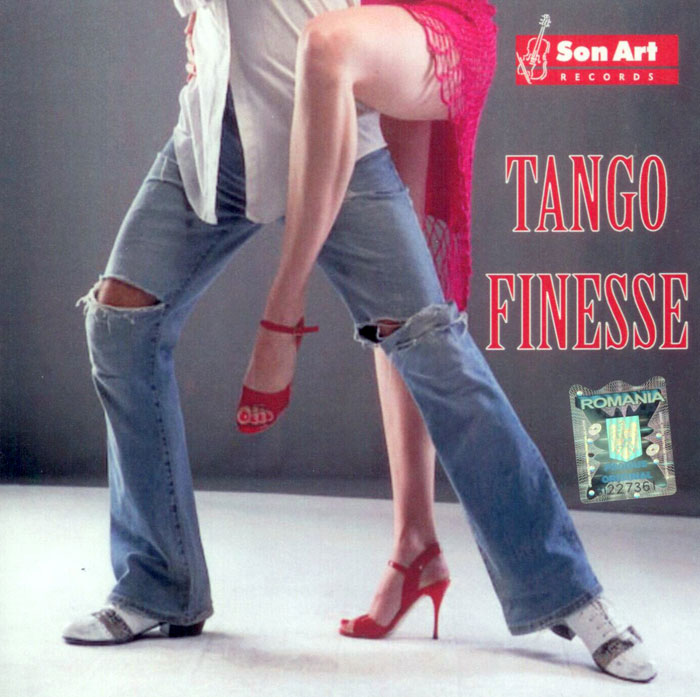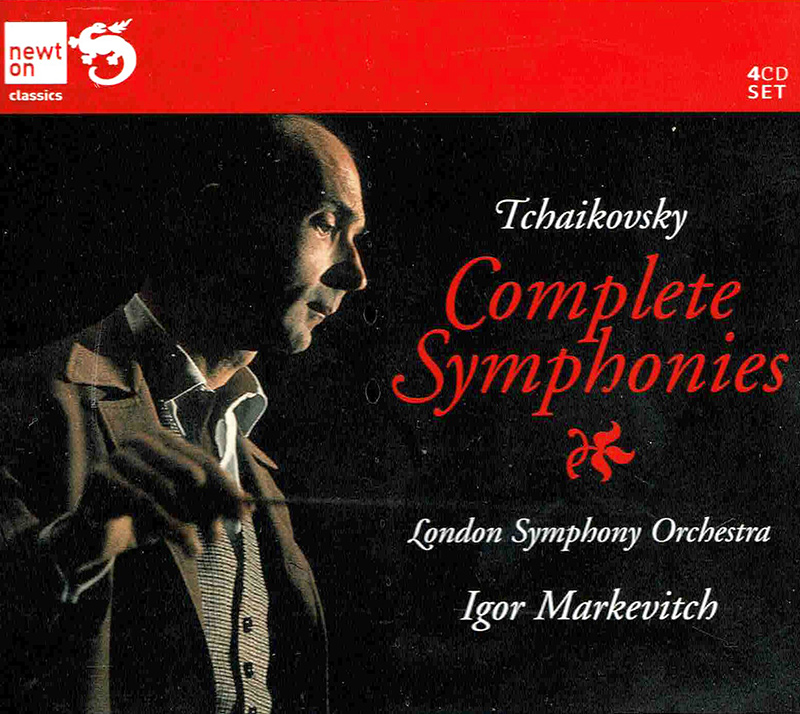Logowanie
Dziś nikt już tak genialnie nie jazzuje!
Bobby Hutcherson, Joe Sample
San Francisco
SHM-CD/SACD - NOWY FORMAT - DŻWIĘK TAK CZYSTY, JAK Z CZASU WIELKIEGO WYBUCHU!
Wayne Shorter, Freddie Hubbard, Herbie Hancock, Ron Carter, Elvin Jones
Speak no evil
UHQCD - dotknij Oryginału - MQA (Master Quality Authenticated)
Karnawał czas zacząć!
Music of Love - Hi-Fi Latin Rhythms
Samba : Music of Celebration
AUDIOPHILE 24BIT RECORDING AND MASTERING
CHOPIN, LISZT, DEBUSSY, DVORAK, Gerhard Oppitz
Dances romantiques - A fantastic Notturno
Wzorcowa jakość audiofilska z Clearaudio
Winylowy niezbędnik
ClearAudio
Double Matrix Professional - Sonic
najbardziej inteligentna i skuteczna pralka do płyt winylowych wszelkiego typu - całkowicie automatyczna
TCHAIKOVSKY, The London Symphony Orchestra, Igor Markevitch
Complete Symphonies
- The London Symphony Orchestra - orchestra
- Igor Markevitch - conductor
- TCHAIKOVSKY
Newton Classics are a force to be reckoned with in the classical music recordings world. Their access to all niches of Universal’s catalogue stretching way back into the 1950s makes their release schedule always worth perusal. They have no hang-ups about analogue – nor should they. Their presentation – the look and feel of their product is well conceived and carried through. The red livery and classy images coupled with the enigmatic fire-breathing newt instantly establish their presence on the rack or shelf. They’re clearly ambitious and well resourced as their rate of issue is phenomenal. Not up to Naxos levels but no mean track record. I have known this set for a very long time … on and off. A friend bought the massive ten LP Philips box (6799 002) of the symphonies and suites and much else circa 1972 in a WH Smiths sale in Torquay. We learnt the rarer symphonies from that source. That cycle has been repeatedly mined by Philips for single issues ever since not least various Festivo albums but also a couple of 1993-1995 Duos of the symphonies. Such a shame that Markevitch’s LSO Manfred has been dropped out of the picture. The same symphony cycle has formed the backbone of at least two Philips Tchaikovsky mega-boxes in the 1990s. The First Symphony is sensitively done with a light hand. The romance rises in fragrance and balletic delicacy. I rather enjoyed the Bernstein CBS version but this benefits enormously from a much more subtly detailed sound-picture. Temirkanov is more red-blooded though that quality does not always sit easily with this work. It’s much the same set of pros and cons in the Second and Third Symphonies but here I would not want to be without the latest Alto coupling of Rozhdestvensky with 2 and 3 complete on one disc. The latter are gripping although you might draw the line on such ragingly vivid sound; accept it and there are great compensations. Certainly Pletnev (DG digital) and Markevitch (exemplary vividness) enjoy much better sound even allowing for Philips’ analogue hiss. Markevitch and the LSO – showing their early expertise in Russian repertoire – are lavishly enjoyable. Try as an example the little scherzo of No. 3 which for me always recalls the Winter Daydreams of the First Symphony. This conductor did not have it in him to deliver a routine Fourth Symphony. The first and final movements adopt phrasal articulation that is as unusual as it is effective. The Scherzo is done with virile address – delicate but supercharged. Stereo separation and soundstage spread add to the pleasure and give the slightly lower profile Fifth a lift. Time and again the recording pleases. The long-breathed horn solo is taken with much more staccato than legato and this is refreshing rather than irritating. It is instructive to compare the Dudamel Fifth (DG) with this recording. Made many years later in live concert the Dudamel is a much more matte audio-emotional experience - exciting but the Markevitch draws you back with a much greater depth of rewarding detail. It is cooler, that’s for sure, and cannot match the feral Leningrad/Mravinsky on DG (also 1960s), the LSO Monteux on Vanguard or the revelatory Stokowski on Cameo Classics. As for the Sixth, this has pregnant tension and impressive concentration. The playing is invigoratingly alert, precisely defined and the brass deliver irresistibly emphasised drama. This set is saddled with having to split two (2 and 5) of the six across discs. This will not be any sort of a problem with multi-disc set-ups in the car or auto-changers; others may find it a blemish. That I mention it at all shows a very short memory: prior to 1949 listeners were accustomed to changing sides after 3 or 4 minutes and from 1950 to 1983 LP collectors did not blink at having to change the album side after 15 or 25 minutes. I am not sure what the answer should have been. Clearly you cannot, except in the case of the first two, squeeze pairs of these symphonies onto a single CD. It might have been preferable to go for Tchaikovsky-Markevitch fillers such as the tone poems or the suites but that would have increased the price. Also bewail that Manfred has been allowed to slip into oblivion. You need to take these factors into the reckoning. Do not underestimate Markevitch. According to the newsgroups the first run of this set included some momentary silences in middle of some movements. Theo Lap – who is Newton Classics – dealt with the matter with admirable candour and integrity. The first run was withdrawn and a new run - from which mine clearly came - issued with replacements to those who had the first set. Newton already have a stunning Tchaikovsky entry with their Postnikova piano concertos double. The present four CD set is not quite up there with the Postnikova but it is very good and refreshing. Honest and engaging analogue sound is a strength but it has blessed the violins above ff with a certain hardness. Rob Barnett














